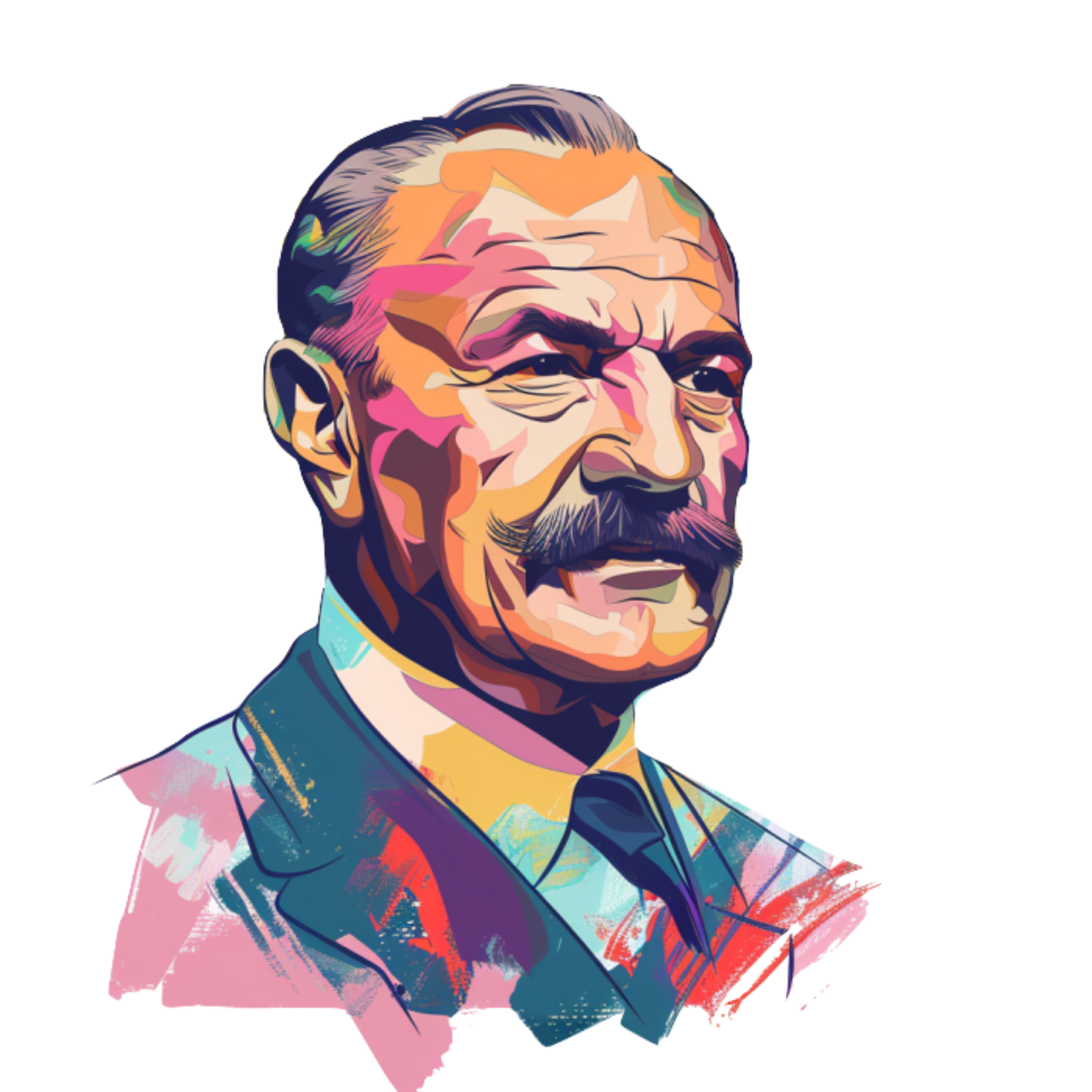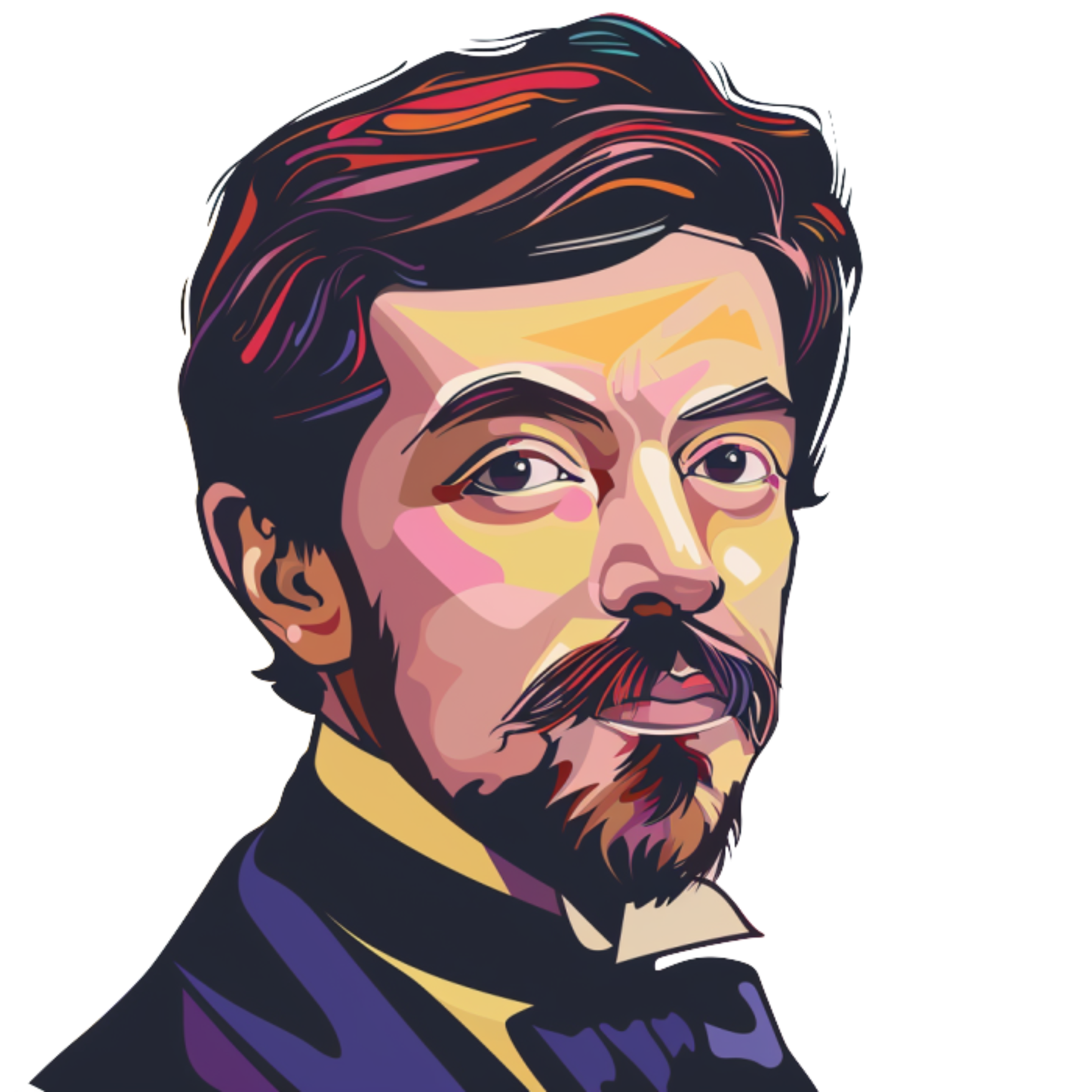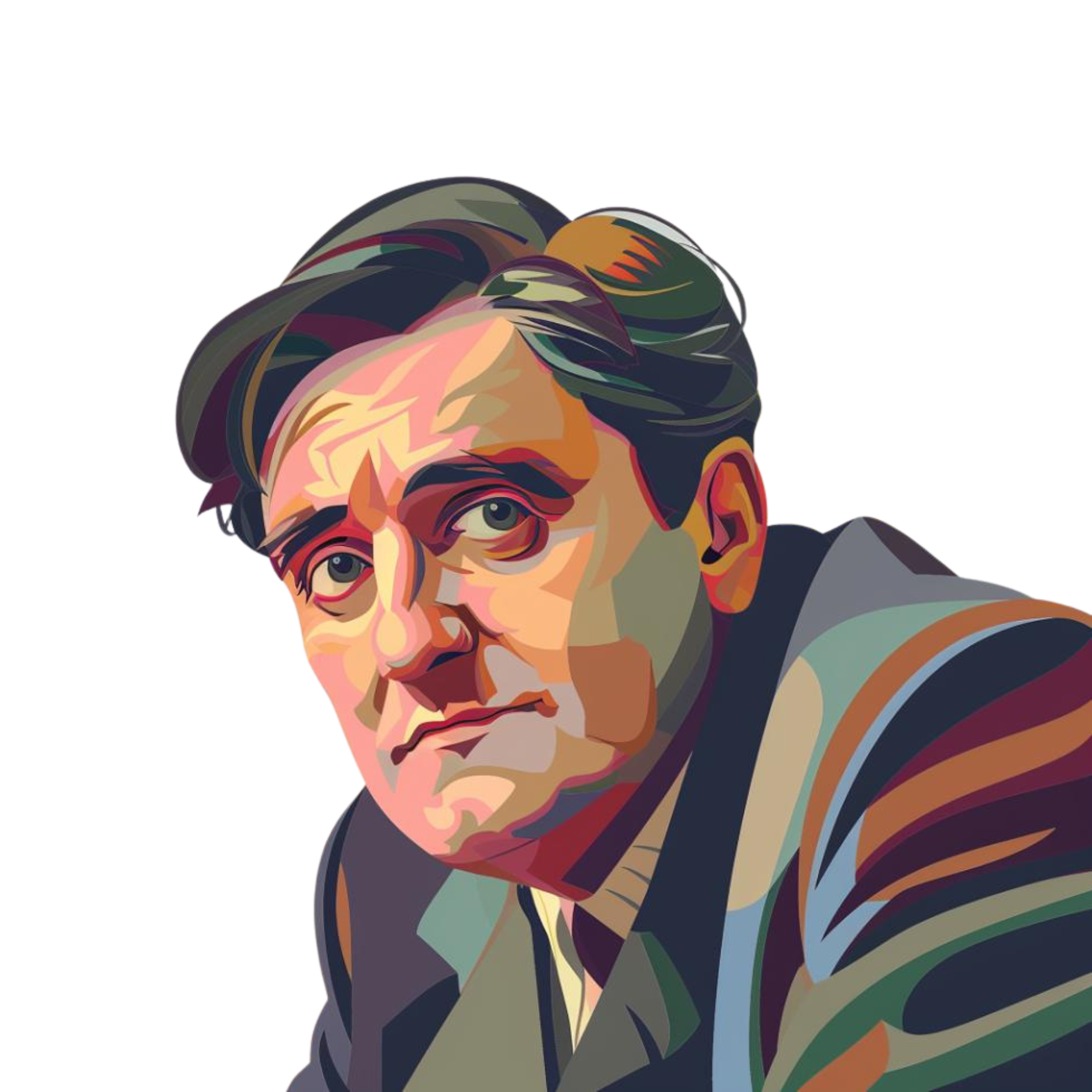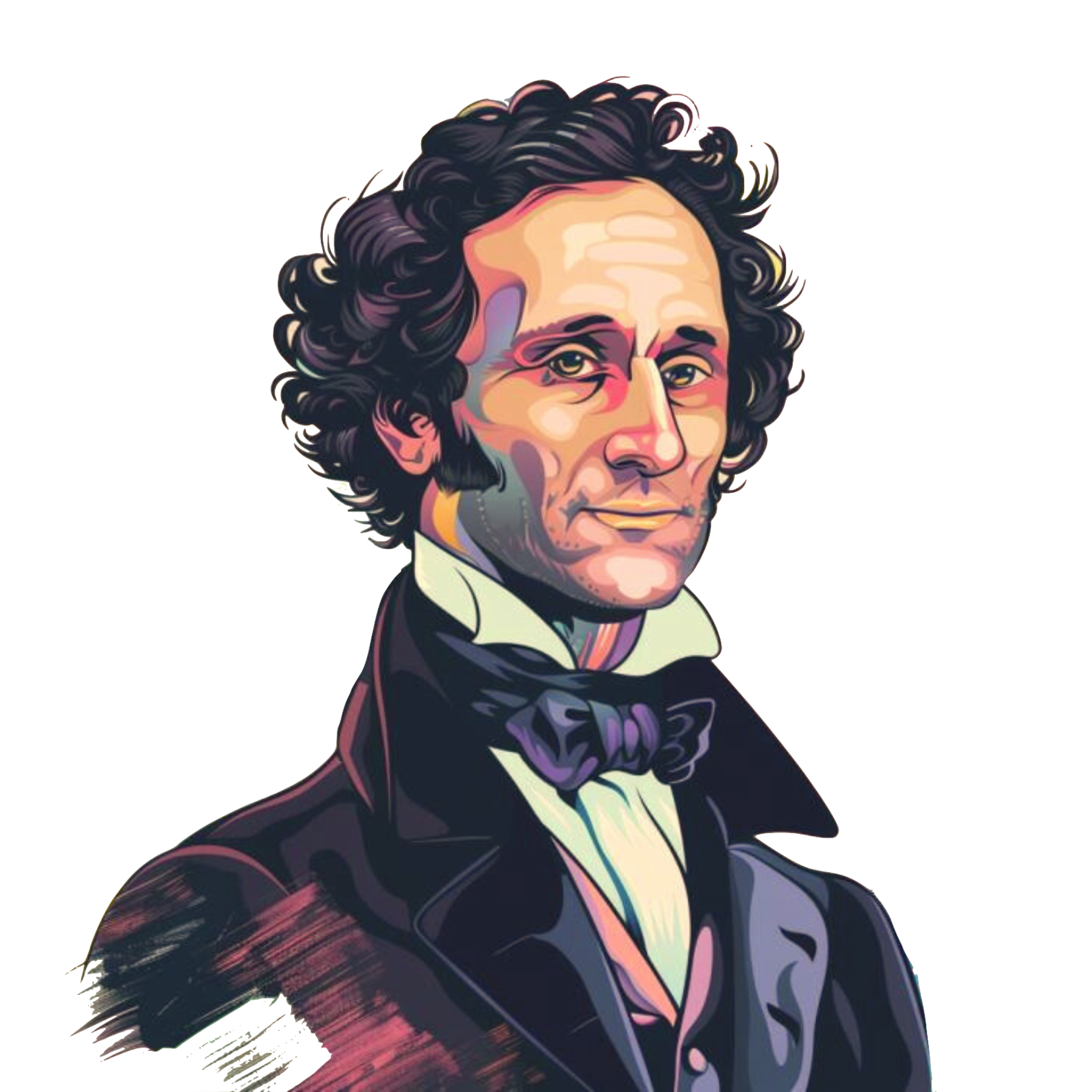New May Store Update - Seasonal Educational Avatars!
Happy May! We’re eager to show off our new avatars and backgrounds update are uploaded into the Practice Space shop for the month of May.
If you’re new here, we update the Practice Space shop each month so that your students’ motivation can be enhanced with fun new store items frequently! Our main goal is always to liven the platform with both engaging and educational features.
Here’s how it works: Your students can add avatars and backgrounds to their inventory to keep their home screen fresh. Students can only purchase from the Practice Space shop after completing their practice goal for the day! (This is a great motivator, of course!)
You can find the new May composer update below! We’ve put together a talented group of composers who have all written compositions inspired by the spring season. Keep an eye out for the YouTube link to each composers’s spring-themed piece!
Each avatar comes with their own quotes so the historical individual can tell us about their life and musical career. Below you will find the five composers for this month and the facts they’ll share on the app. We’ve also included a little biography for each composer as well as a link to a famous work for you to share with your students!
Astor Piazzolla (March 11, 1921 - July 4, 1992) was born in Argentina and began playing the bandoneon when he was a child.
Facts in app:
I transformed the bandoneon from a folk instrument into a vehicle for sophisticated tango compositions.
I created "Nuevo Tango," which incorporated elements from jazz and classical music.
Apart from concert music, I also composed music for numerous films throughout the 1980s.
My composition "Libertango" represents his break from classical tango to something more contemporary, blending tango with other musical forms.
Check out this recording of Primavera Porteña
PIazzolla: Primavera Porteña at the Concertgebouw (live recording)
Claude Debussy (August 22, 1862 – March 25, 1918) was born in France and began piano lesson at the age of seven.
Facts in app:
I studied at the Paris Conservatory starting at age 10, but was often chastised for not following the rules of composition.
I was too fond of my own style to stray from it!
Eventually I won awards for my music and shaped the Impressionistic style.
I wrote Children's Corner Suite for my only daughter, Chouchou.
Check out this recording of Prelude to the Afternoon of a Faun
Debussy: Prélude à l’après-midi d’un faune ∙ hr-Sinfonieorchester ∙ Andrés Orozco-Estrada
Ralph Vaughan Williams (October 12, 1872 - August 26, 1958) was born in the United Kingdom and began to receive recognition for his work in his late 30s.
Facts in app:
I served in World War I in the medical corps and this influenced my later compositions.
One of my most famous late works, "Symphony No. 9," was premiered when I was 85.
I influenced generations of British composers through my teaching work at the Royal College of Music in London.
I served as president of the English Folk Dance and Song Society and advocating for public music education.
Check out this recording of The Lark Ascending
Hilary Hahn - V. Williams "The Lark Ascending"
Felix Mendelssohn (February 3, 1809 – November 4, 1847) was born in Germany and had a musical sister, Fannie.
Facts in app:
I wrote many beautiful pieces, including the very famous "Hark the Herald Angels Sing."
I was a child prodigy and was already composing great music when I was a teenager.
I began the tradition of using a baton to conduct music and I made sure that my orchestral musicians were paid well.
I had the pleasure of meeting many famous musicians: Chopin, Liszt, Rubenstein, Clara Schumann
Check out this recording of Song without words Op.62, No.6, “Spring Song”
F. Mendelssohn: Song without words Op.62, No.6, "Spring Song"
Léo Delibes (February 21, 1836 - January 16, 1891) was born in France and am known for his ballets and operas.
Facts in app:
The famous "Flower Duet" is from my most one of my most notable operas, "Lakmé."
I started my music career as a church organist and choir master.
I was appointed as the Professor of Composition at the Paris Conservatoire in 1881.
Tchaikovsky admired my work, particularly my ballets.
Check out this this recording of my Flower Duet
Delibes: Lakmé - Duo des fleurs (Flower Duet), Sabine Devieilhe & Marianne Crebassa
Background Update
Some other fun additions
These all cheer the student on but also talk about tempo and other musical terms!








